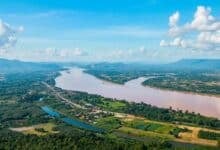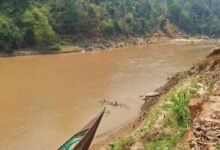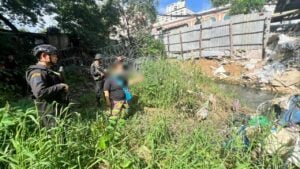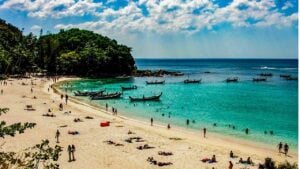Thailand: Paradise Lost? Part 1.
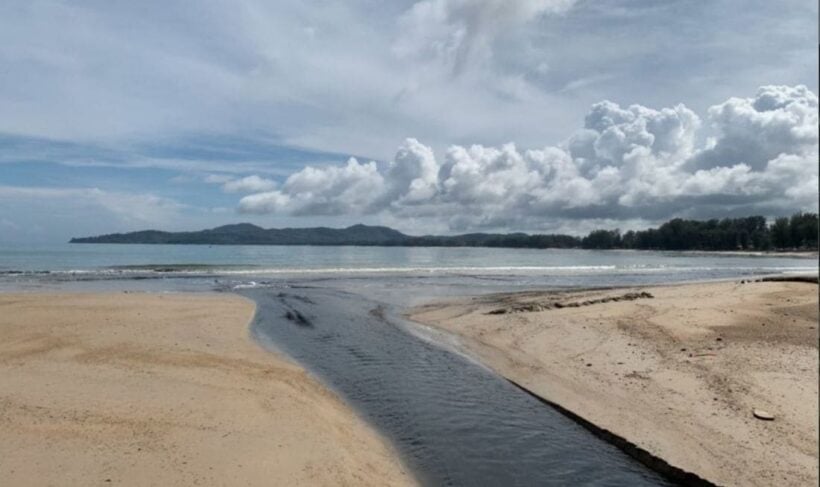
by guest blogger Kent Bowie
Thailand has seen rampant tourist development and expansion over the past 25+ years, but at what cost?
Is this sustainable or even ethical?
Social media has seen an explosive growth too over the last 15+ years, and one thing that annoys many governments worldwide is how the facts and figures delivered by their own agencies often bear no resemblance to the details posted ‘live and online’ by the worldwide army of grassroots commentators and locals on site.
In fact social media is having much sway that local governments and even global corporations are being shamed into scrambling to clarify, rectify or justify areas of concern.
Not just comments by the public are now on these web-mediums, but entire films and documentaries are now made, published and shared online.
Check out this DW report about the problems of rampant tourism…
Thai tourism has more than doubled in 8 years since 2011, with 34+ million visitors a year! It is worth remembering though that it is not just tourism numbers that are causing natural destruction, more education and awareness is needed by the Thai people too.
When tourists comes, they spend, they travel, they eat, they produce waste – and not just the wrappings, litter and disposable plastic drink bottles and food cases – tourists go to the toilet, and 34+ million extra people in Thailand is a lot of extra ‘toilet’.
Currently Thailand, and particularly Phuket, are struggling with out-of-date and broken down waste disposal management. Current laws or regulations for sewage treatment and disposal are either woefully inadequate or more sadly, not even enforced. With the rampant and unabated development and construction of yet more and more condos, villas, tourist ‘leisure’ resorts and sites around Phuket, what happens to all that sewage?
Sadly, in most cases it is simply, cheaply and conveniently (for the developers) piped through to the local klongs, waterways and beaches – out of sight and out of mind maybe?
Not so much anymore though, as an army of tourists and locals are now taking photos and videos of the rampant health transgressions and are flocking in greater numbers to social media to highlight this slow and persistent poison that is killing the heart of Thai tourism.
https://www.facebook.com/goecophuket1/videos/329410607747686/
Would you or your family care to sit on a beach littered with plastic, bottle tops, sand soaked in raw, untreated sewage? Do you want to swim in a brown fetid slick sliding over the once pristine waves onto the beaches?
Recently posts regarding huge black pollution flowing onto Bang Tao beaches was shared via social media.
The President of Cherng Talay OrBorTor, Ma’ann Samran admitted that “90% of the businesses in the area did not treat their waste-water” which is being released into the Bang Tao canal and – you guessed it – flowing straight out to greet the tourists on the beaches.
That’s just one area. The story repeats throughout Thailand. Similar posts have been shared recently for Krabi, Jomtien and Pattaya. And it’s not just recently but over the past decade as the situation has become more common, worse and more people are posting pictures of the ugly situation.
Unless something is done, urgently, then Thailand, along with the southern tourist money-spinner, Phuket, will continue to lose tourists, especially when so many other countries are now going out of their way to welcome them.
We will look at where the tourists are now going in Part II of our article.
Latest Thailand News
Follow The Thaiger on Google News:
